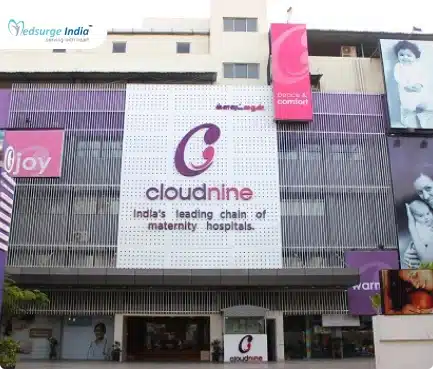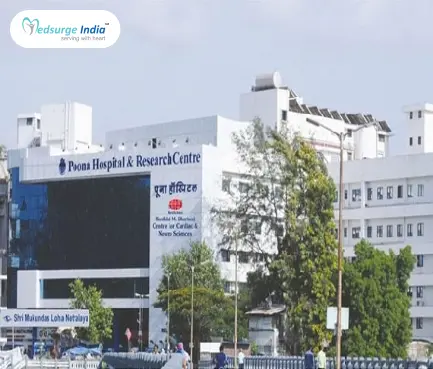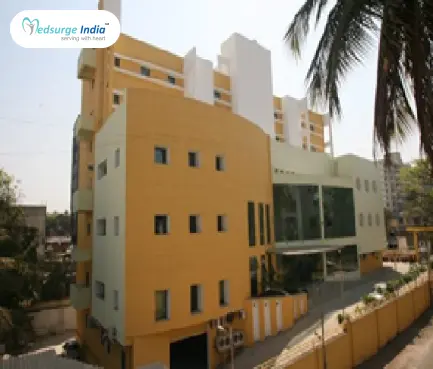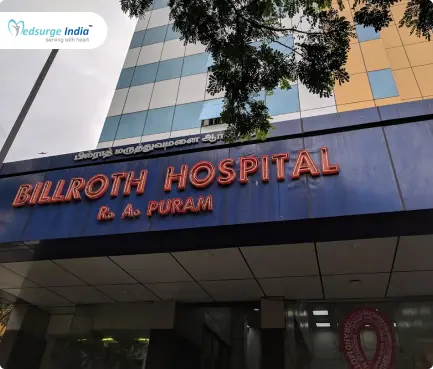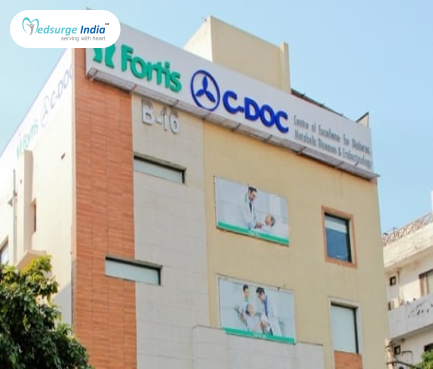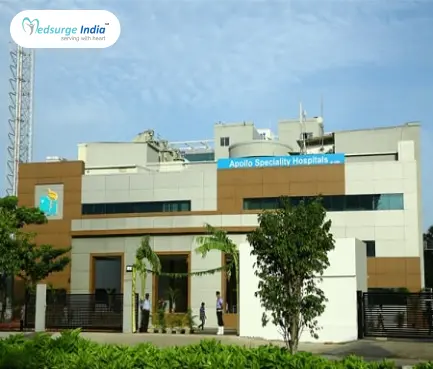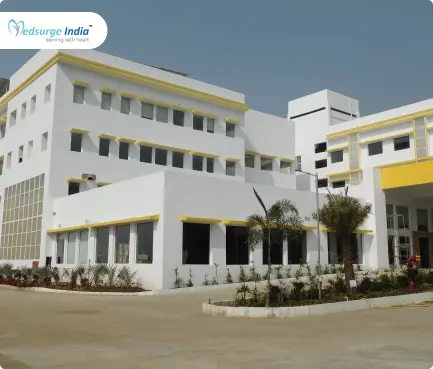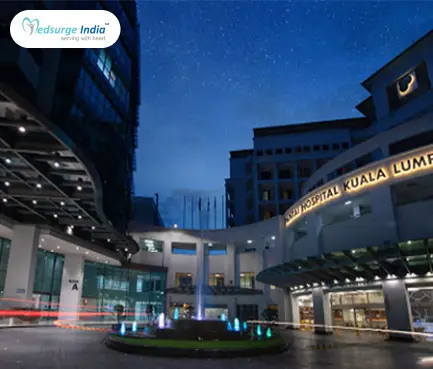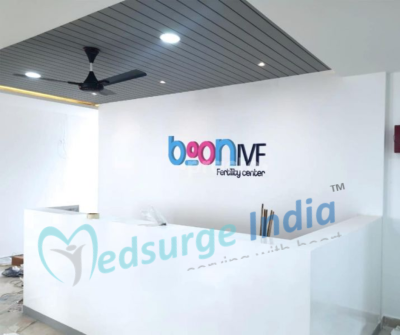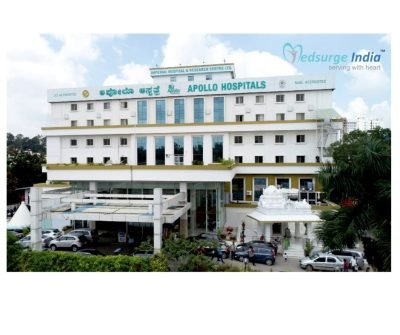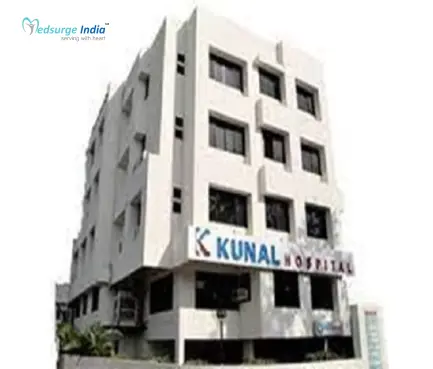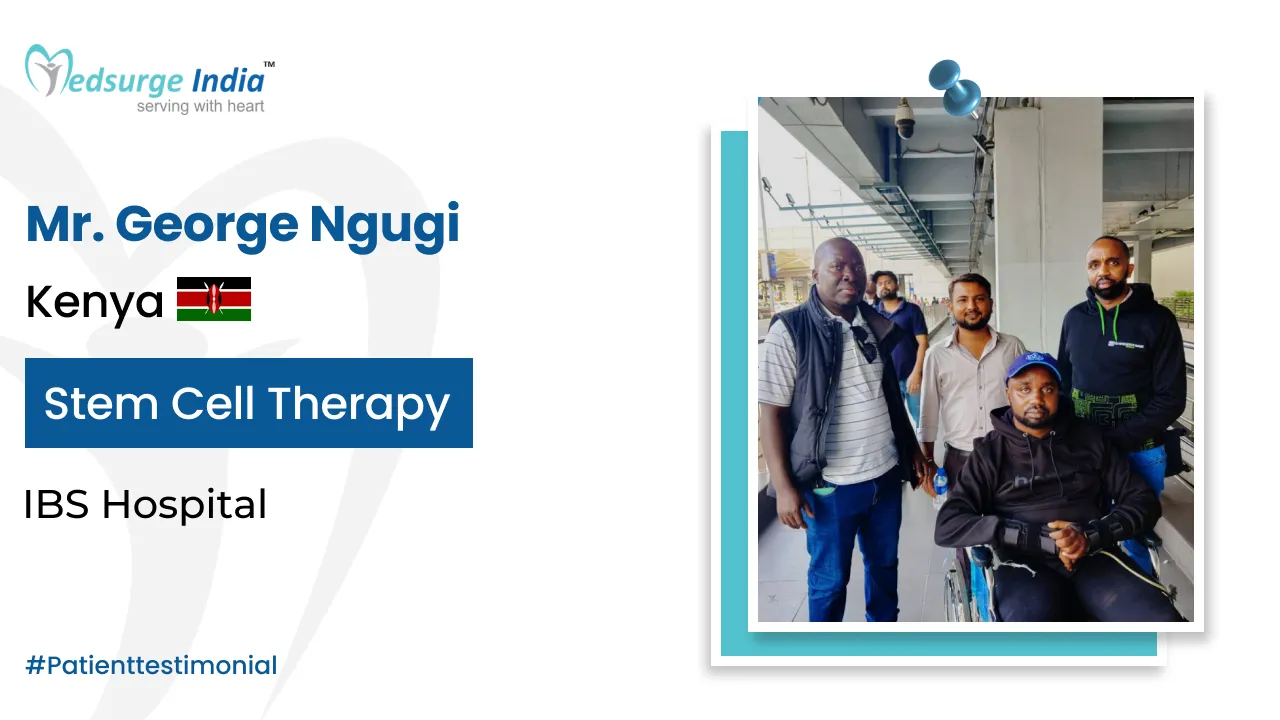
- In India, the costs of treating kidney cancer are much lower than in any other developing or industrialized country. Treatment for kidney cancer will be 60 to 70% cheaper in India than in Western countries, such as the United States and the United Kingdom.
- The estimated cost of Kidney cancer treatment in India is approximately USD 3,000 to USD 4,000.
- However, kidney cancer treatment cost in India is affected by factors such as chosen hospital, doctor experience, accommodation, and post-surgery care.
Symptoms of Kidney Cancer
Just as kidney cancer patients may experience a combination of the following symptoms:
- Appetite loss
- An abdominal lump or a lump on the side
- Passage of blood by urine
- Anemia
- Fatigue and unwanted weight loss
- Swelling on the feet
- Unexplained fever, lasting for weeks
Stages of Kidney Cancer
Cancer of the kidney is classified into different stages depending on the size of the tumor and the extent of the spread of the tumor cells. Kidney cancer is categorized into the following stages:
- First Stage: The tumor can reach a diameter of up to 7 cm, but remains limited to the kidney.
- Second Stage: The tumor is still larger than the tumor in Stage I, but remains limited to the kidney.
- Third Stage: The tumor spreads to underlying tissue outside the kidney and may spread to lymph nodes.
- Fourth Stage: Cancer spreads to distant organs or to several lymph nodes beyond the kidney.
Kidney Cancer Treatment Cost in India
Kidney Cancer Treatment Cost in India starts from INR 2,50,000 (3,000 USD). Treatment for kidney cancer is far less expensive in India than it is in any other developing or developed nation. Compared to Western nations, kidney cancer treatment cost in India is between 60% and 70% less.
Factors that Can Affect Kidney Cancer Treatment Cost in India
- Kidney cancer treatment cost in India will depend on the type of treatment you opt for.
- The type of hospital and the room will also vary according to their prices.
- Extra standard tests and diagnoses.
- Follow-up care after the procedure if needed.
Side Effects of Kidney Cancer Treatment
- Depression or Anxiety
- Loss Of Appetite
- Bloating and Inflammation
- Constipation
- Loss of hairs (alopecia)
- Sores in the Mouth and Lips
- Dizziness and Vomiting
- Scarring
- Shortness of Breath (dyspnea)
- Irritation in the Skin
- Sleeping Problems (insomnia)
- Fatigue
Recommended: Kidney Cancer Treatment by Stages
Get Free Cost Estimation
Procedure
Diagnosis of Kidney Cancer
The oncologist may recommend a few tests to confirm the existence or absence of kidney cancer, based on the collection of symptoms that the patient may experience. To confirm the existence of cancer cells in the kidney, he or she can recommend a combination of the following diagnostic tests:
- Urine and blood tests: These tests are performed to verify the presence in the urine of blood cells, cancer cells, or bacteria, and the number of red blood cells (RBCs) in the patient’s blood sample. Such tests may suggest the presence of cancer cells in the kidney indirectly, but do not confirm the diagnosis.
- CT scan: A CT scan is a special imaging technique used to construct a three-dimensional view of the internal parts of the body. It helps confirm the tumor’s location and size in the kidney. Through injecting a special dye into the patient’s vein and noticing its movement on a CT scan, the doctor confirms the existence of a renal tumor.
- Intravenous pyelogram: This procedure requires the application of a contrast dye with the help of X-rays to see the kidney, urethra, and the rest of the urinary tract. X-rays pictures of the kidneys and the lymph nodes nearby help to determine the existence of tumorous cells.

IVP Technique
- Biopsy: During this process, a sample of kidney tissue is taken and examined under a microscope. This helps determine the type, stage, and extent of kidney cancer. Oncologists often require a biopsy report before developing a treatment plan.
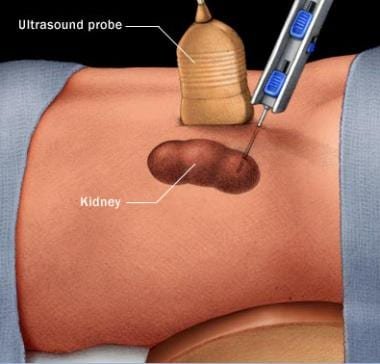
Ultrasound with probe
More about Kidney Cancer Treatment in India
Human kidneys are one of the most essential components of the urinary system. In the body, these bean-shaped organs perform a variety of important roles, including waste removal, body fluid balance maintenance, and urine production.
Each year, thousands of domestic and foreign patients receive kidney cancer treatment in India. Unlike anywhere else in the world, kidney cancer treatment in India is extremely affordable.
India has become a major medical tourism destination due to the quality of medical care it provides at an extremely affordable cost and the presence of highly qualified doctors and surgeons. Treatment for kidney cancer in India is as common as any other treatment for which medical patients choose to come to the country.
Indian oncology care has advanced rapidly in recent years, making the country one of the world’s leading destinations for all types of cancer treatment. Patients from abroad are also pursuing care for renal cancer in India because of developments in medical technology and the ability of top surgeons to embrace evolving technology.
Many of India’s top cancer hospitals offer treatment for kidney cancer. Internationally renowned for delivering world-class treatment facilities to patients of all types, these hospitals are known for providing state-of-the-art care. Their specific goals are to ensure medical patients have a successful medical trip and to assist them during their stay abroad.
Helpful – Ayurvedic Treatment For Kidney Cancer
Best Oncologist in India
The Most Important Frequently Asked Questions
Q: in India, How Much Does Kidney Tumour Surgery Cost?
The cost in India of kidney tumour surgery starts at $3,200 USD.
Q: What Are the Various Renal Carcinoma Stages?
The phases in which renal cell carcinoma occurs are:
- Step I: The cancer is confined exclusively to the kidney. The scale of a tumour is less than or equal to 7 cm in diameter. At this stage of cancer, patients’ average five-year survival is high, over 90 percent.
- Step II: The cancer is confined only to the kidney, but the diameter of the tumour is more than 7 cm. For patients at this point, the average five-year survival rate is over 75 percent.
- Step III: The kidney tumour may be of some size at this stage, but it does not extend beyond the layer of tissue covering the kidney and adrenal gland. The disease has also spread to the main blood artery, the renal vein that carries blood from the kidney and the blood vessel that carries blood to the heart or the adjacent portion of the lower part of the body.
- Step IV: The kidney tumour may have spread beyond the tissue and/or cancer has spread to more than one lymph node in the vicinity of the kidney. At this stage, cancer may have spread to other organs of the body, such as the lungs, brain, bones, liver, bowels, or pancreas. It is estimated that patients’ five-year survival at this point is less than 10 percent.
Q: How Is the Treatment Plan Established for Kidney Cancer?
A multidisciplinary team of physicians is involved in careful preparation, including multiple cancer specialists such as a radiation oncologist, medical oncologist, and surgical oncologist, as well as kidney specialists. The best choice for cancer care is calculated on the basis of the:
- The sort of cancer in the kidney
- The cancer site and stage
- If they affect other organs
- Total patient wellbeing and personal choice
Q: What Are the Side Impacts of Treatment for Kidney Cancer?
Different forms of treatment for cancer have varying complications and side effects. Hair loss, mouth sores, and vomiting are among the common side effects of chemotherapy and radiation.
Prior to care, the doctor will address the side effects and the possibility of complications and describe the procedures for treating them. The side effects can be avoided or regulated by some drugs.
Q: What Is Laparoscopic Nephrectomy and What Are Its Benefits?
Laparoscopic nephrectomy is a surgical technique that removes the renal tumour while retaining the kidney’s healthy tissues. It is a minimally invasive procedure in which, as in the case of the convention open nephrectomy method, surgeons make small incisions rather than large ones.
In contrast to conventional open surgery, the advantage of the laparoscopic technique is that it produces less post-operative pain and less chance of complication.
Top Hospitals for Kidney Cancer Treatment in India
Top Doctors for Oncology and Oncosurgery
Dr. Kumara Swamy
Senior Consultant
Experience: 36 years of experience
Aster CMI Hospital (Hebbel) Bangalore
Bangalore, India
Dr. Susovan Banerjee
Senior Consultant
Experience: 12 years of experience
Medanta – The Medicity, Gurgaon
Gurgaon, India
Dr. Tapti Sen
Consultant
Experience: 31 years of experience
AMRI Hospital, Kolkata (Mukundapur)
Kolkata, India
Dr. Chanchal Goswami
Senior Consultant
Experience: 18 years of experience
AMRI Hospital, Kolkata (Dhakuria)
Kolkata, India
Dr. Gouthaman S
Consultant
Experience: 16 years of experience
Apollo Specialty Hospital Vanagaram, Chennai
Chennai, India
Dr. Bhavnaben Parikh
Experience: 19+ years of experience
Narayana Multispeciality Hospital, Rakhial, Ahmedabad
Ahmedabad, India
Dr. Indoo Ammbulkar
Senior Consultant
Experience: 19 years of experience
HCG ICS Khubchandani Cancer Centre, Mumbai
Mumbai, India
Dr. Senthil Kumar
Consultant , MBBS, MS, MCh, Fellowship
Experience: 14 years of experience
Chennai, India
Dr. Suman Mallik
Senior Consultant
Experience: 24+ years of experience
NH Rabindranath Tagore International Institute of Cardiac Sciences, Kolkata
Kolkata, India
Dr. Rushabh Kothari
Senior Consultant
Experience: 14+ years of experience
Narayana Multispeciality Hospital, Rakhial, Ahmedabad
Ahmedabad, India


